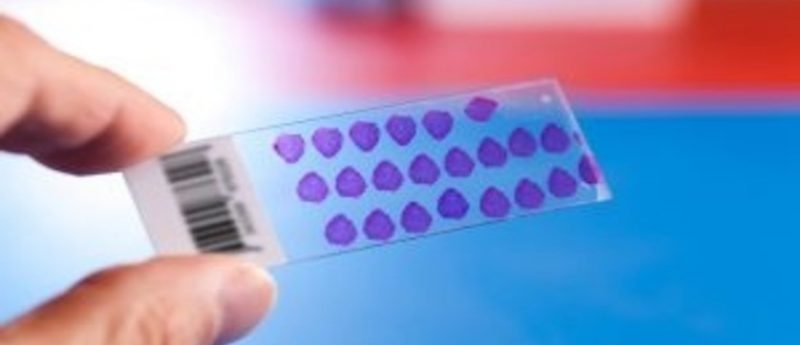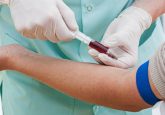Genetic markers could form basis of blood test for colorectal cancer

Researchers from Vlaams Instituut voor Biotenchnologie (VIB; Belgium) and the University of Leuven (KU Leuven; Belgium), in collaboration with a number of European oncology centers, have identified biomarkers with potential for use as a novel diagnostic test for colorectal cancer.
Global screening guidelines are not currently in use for colorectal cancer, however, in light of the importance of early detection, a number of national population screening initiatives have been implemented. Despite being arguably the best available test, the immunological fecal occult blood test is suboptimal in sensitivity. The need for a superior test is clear, and the use of blood sampling instead of stool would likely reduce the current reluctance to participate.
Focusing on the immune response to cancer development, researchers identified genes in monocytes that are activated by cancer cell-secreted substances. A total of 43 promising genes were identified from patient samples; however, contributor Wouter Van Delm (VIB) explained, “…as 43 different genes are too many to incorporate in a diagnostic test, it was important to find a more limited gene set with the same predictive value. We eventually succeeded in creating a set of 23 genes, but we are still trying to further reduce this number.”
Expressing his hopes for the future of these markers, researcher Hans Prenen (KU Leuven) stated: “…this new test will probably be more sensitive, because it detects tumor-induced changes directly and not merely blood in the stools. An additional benefit is that this process takes place at a point when the tumor is forming, the earliest stage of tumor development. Since this test is based on how our body reacts to the presence of colorectal cancer cells, it can also be used to detect distant metastasis even after the primary tumor has been removed. This unique potential makes it a valid tool for patient follow-up after the primary tumor has been removed through surgery.”
Researchers at VIB and KU Leuven are now searching for an industrial partner to aid in the next stages of development for this diagnostic test.
Sources: Hamm A, Prenen H, Van Delm W et al. Tumour-Educated Circulating Monocytes are Powerful Candidate Biomarkers for Diagnosis and Disease Follow-up of Colorectal Cancer. Gut doi:10.1136/gutjnl-2014-308988 (2015) (Epub ahead of print); VIB news release



